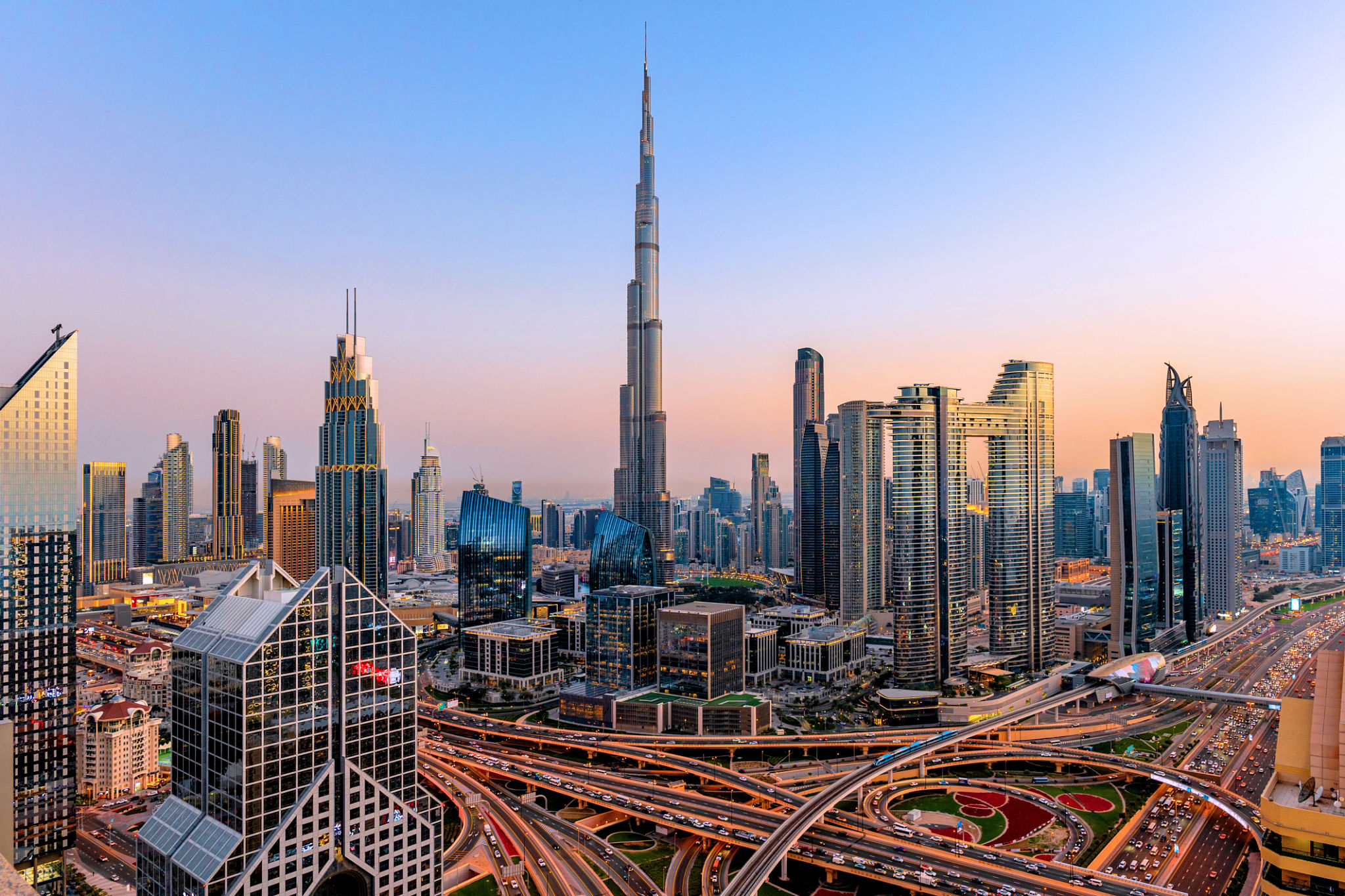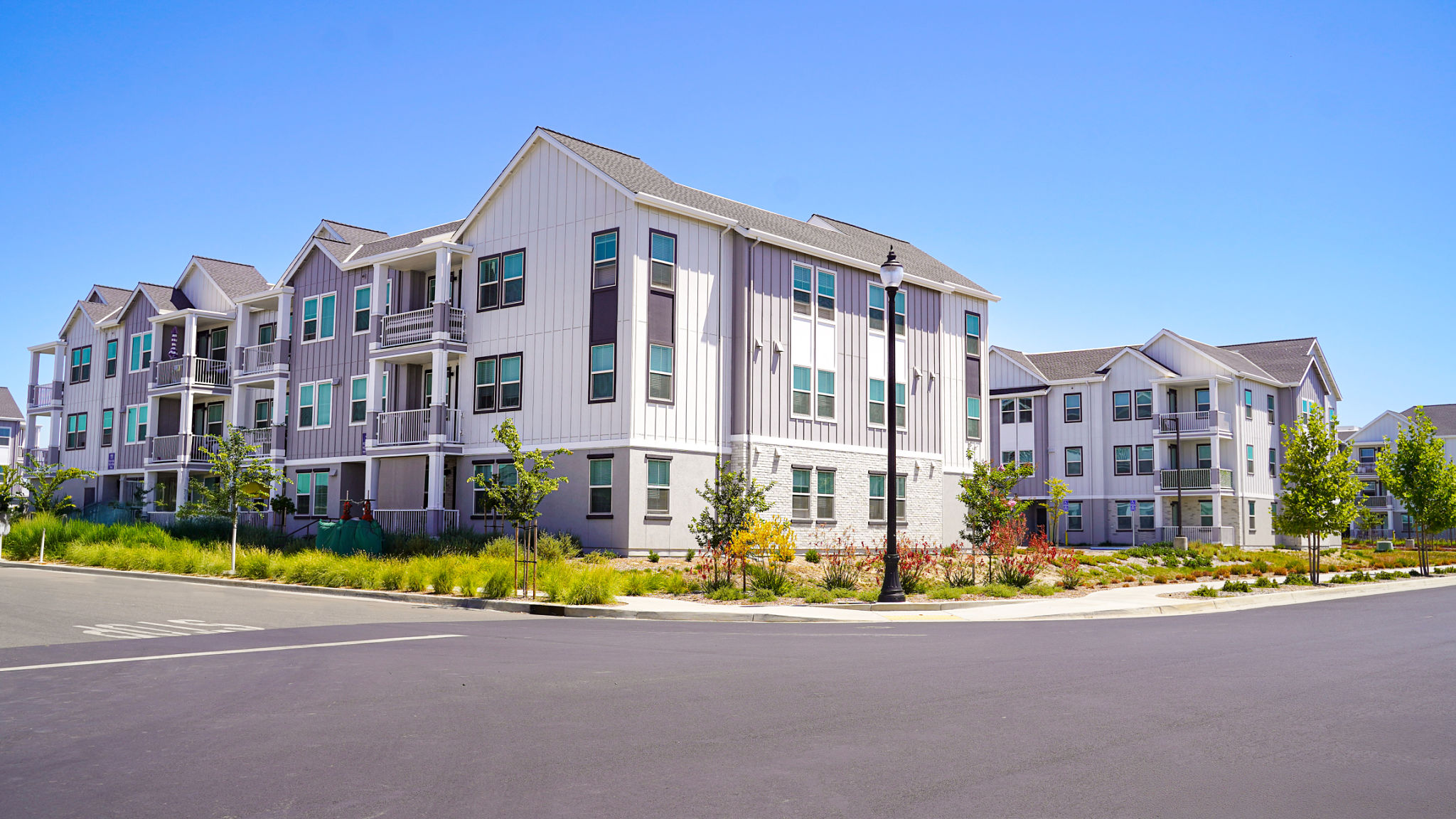Ultimate Guide to Buying Property in Dubai: What You Need to Know
Understanding the Real Estate Market in Dubai
Dubai's real estate market is a dynamic and rapidly evolving sector, known for its luxurious properties and high rental yields. Before diving into property investment, it's crucial to understand the market trends, regulations, and economic factors influencing property prices. Keeping an eye on upcoming projects and developments can also provide insight into future market shifts.

Why Invest in Dubai?
Dubai offers a tax-free environment, world-class infrastructure, and a strategic location that attracts investors from around the globe. The city is a hub for international business, tourism, and events, ensuring a steady influx of potential tenants. Moreover, the government's initiatives to enhance transparency and investor protection make it a favorable destination for property investment.
Types of Properties Available
Dubai offers a diverse range of properties, from luxury villas and apartments to commercial spaces. Investors must choose between off-plan properties and ready-to-move-in options based on their financial goals and timelines. Off-plan properties are often cheaper but come with construction risks, while completed properties offer immediate rental income.

Freehold vs. Leasehold
Understanding the distinction between freehold and leasehold properties is essential. Freehold properties allow foreigners to own the land outright in designated areas, while leasehold properties grant ownership for a specific period, usually up to 99 years. Each has its benefits and limitations, influencing long-term investment strategies.
Navigating the Legal Landscape
The legal framework in Dubai is designed to protect both buyers and sellers. However, navigating it can be complex without proper guidance. It's advisable to work with a reputable real estate agent and legal advisor familiar with local laws to ensure a smooth transaction. Key legal considerations include obtaining a No Objection Certificate (NOC) and understanding the fees associated with property registration.

Financing Your Property Purchase
Financing options for property purchases in Dubai are varied and cater to both residents and non-residents. Banks offer competitive mortgage rates, but it's crucial to compare different lenders to find the best deal. Typically, non-residents can secure up to 50% financing on property value, while residents might access up to 80%.
Steps to Buying Property
The property buying process in Dubai involves several steps:
- Research: Understand your budget and desired property type.
- Select a Property: Visit potential properties and consider location, amenities, and resale value.
- Make an Offer: Negotiate with the seller to agree on a price.
- Sign an MOU: A Memorandum of Understanding outlines terms before proceeding.
- Finalization: Complete legal formalities and register the property with the Dubai Land Department.

Understanding Fees and Costs
In addition to the property's purchase price, several other costs must be considered. These include a 4% transfer fee to the Dubai Land Department, agency fees, registration costs, and maintenance charges for some properties. It's important to budget for these additional expenses when planning your investment.
Conclusion
Investing in Dubai's property market can be highly rewarding if approached with thorough research and careful planning. By understanding the local market dynamics, legal requirements, and financial implications, you can make informed decisions that align with your investment goals. Whether seeking rental income or capital appreciation, Dubai offers numerous opportunities for savvy investors.
